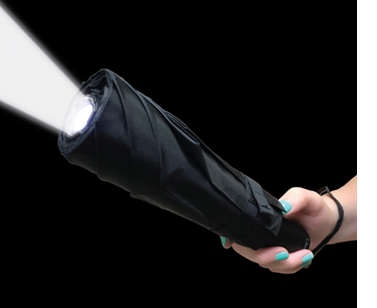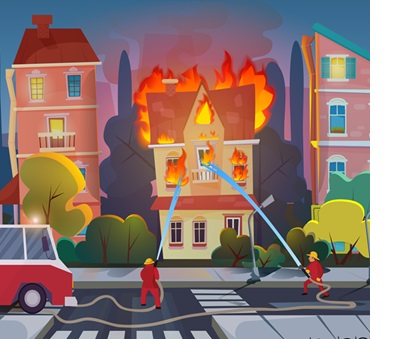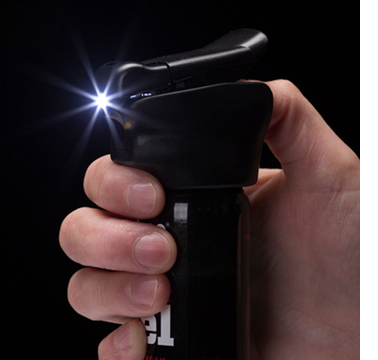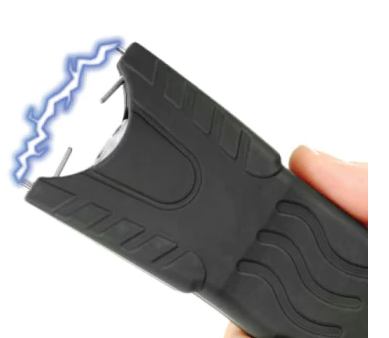Understanding and Managing Anger Issues
 Anger is a natural human emotion. However, when it gets out of control, it can lead to problems at work, in personal relationships, and affect overall life quality. This post will explore strategies to manage anger effectively and delve into a specific condition known as Intermittent Explosive Disorder (IED).
Anger is a natural human emotion. However, when it gets out of control, it can lead to problems at work, in personal relationships, and affect overall life quality. This post will explore strategies to manage anger effectively and delve into a specific condition known as Intermittent Explosive Disorder (IED).
Understanding Anger
Understanding the root cause of your anger is the first step towards managing it. Anger often stems from feelings of injustice, disrespect, or disappointment. Identifying these triggers can help you anticipate and prepare for situations that might provoke anger.
Intermittent Explosive Disorder (IED)
Intermittent Explosive Disorder (IED) is a behavioral disorder characterized by explosive outbursts of anger and/or violence, often to the point of rage, that are disproportionate to the situation at hand. These reactions are too extreme for the situation. Road rage, domestic abuse, throwing or breaking objects, or other temper tantrums may be symptoms of IED. These explosive outbursts, which occur off and on, cause major distress. They can harm relationships and cause problems at work or school.
Symptoms of IED
The main sign of IED is a pattern of outbursts of anger that are out of proportion to the situation or event that caused them. People with IED are aware that their anger outbursts are inappropriate but feel like they can’t control their actions during the episodes. The aggressive outbursts can include temper tantrums, verbal arguments, physically assaulting people or animals, or property damage.
Practice Mindfulness
Mindfulness involves staying in the present moment and accepting it without judgment. When you’re angry, try to observe your feelings without reacting to them. This can help you respond to anger in a more balanced and controlled manner.
Use Relaxation Techniques
Relaxation techniques such as deep breathing, yoga, and meditation can help calm your mind and reduce feelings of anger. Practice these techniques regularly, not just when you’re feeling angry.
Express Yourself Calmly
When expressing your anger, use “I” statements instead of “you” statements. This helps communicate your feelings without blaming others. For example, say “I feel upset when…” instead of “You make me angry when…”
Seek Professional Help
If your anger or IED is causing distress or harm to yourself or others, it’s important to seek professional help. Therapists and counselors can provide strategies and tools to manage anger and IED effectively.
The Risks of Lethal Weapons and Anger Issues
When anger issues, such as IED, are present, owning a lethal weapon can pose a significant risk. The intense, uncontrollable rage that can occur in a person with IED might lead to impulsive, regrettable actions if a lethal weapon is easily accessible. If you want to own a lethal weapon, consider non-lethal weapons instead such as stun guns, TASER devices, pepper sprays, or pepper guns.
It’s crucial to understand that this isn’t a statement about a person’s character or worth, but rather about safety. When emotions run high and control is lost, the presence of a lethal weapon can escalate a situation beyond a point of return.
If you or someone you know has anger issues and owns a lethal weapon, consider seeking help from a mental health professional. They can provide guidance and resources to ensure safety for everyone involved.
Remember, it’s not about taking rights away, but about ensuring that everyone can lead a safe, healthy life.
Conclusion
Managing anger and IED is not about suppressing it, but understanding and dealing with it in a healthy way. With practice and patience, you can learn to express your anger constructively and improve your quality of life.




























